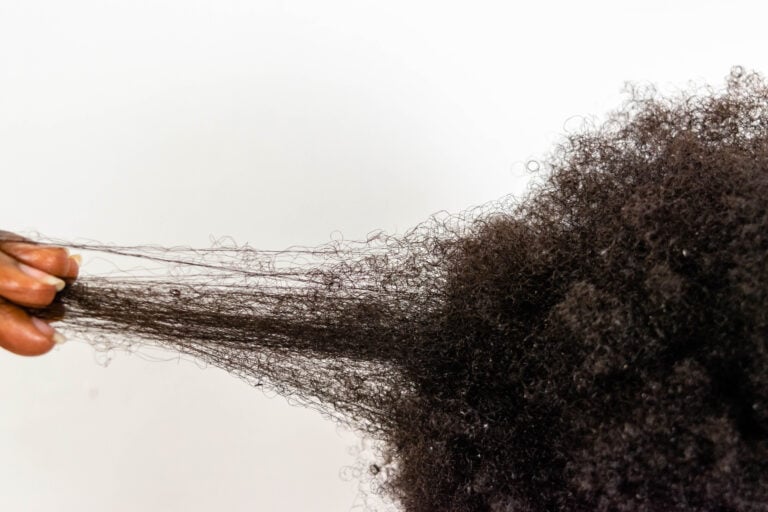Are Couples Fighting More? How To Fight and Stay Together In Turbulent Times
Conflicts are inevitable in the intricate dance of relationships. Yet, how we engage in these disputes can profoundly shape the course of our partnerships. In an interview conducted by Hope Reese for Greater Good Magazine with John and Julie Gottman, renowned for their groundbreaking research on relationship dynamics, we learn their insights, honed over decades of observation and analysis, that offer a beacon of guidance amidst the tumult of disagreements.
Understanding Today’s Relationship Battles

In the wake of societal upheavals and personal challenges, conflicts within relationships have taken on new dimensions. The Gottmans share their insights in their latest book Fight Right: How Successful Couples Turn Conflict Into Connection note a surge in divisiveness, mirroring broader societal trends. Listening and understanding have become casualties on the battlefield of differing perspectives. Emerging from the shadows of the COVID-19 era, couples grapple with heightened stressors and strained familial dynamics.
Unraveling the Threads of Conflict: Perpetual vs. Solvable

Central to the Gottman philosophy is the distinction between perpetual and solvable conflicts. Perpetual issues, comprising the majority of relational discord, stem from fundamental differences in personality or values. These persistent skirmishes often mask deeper underlying tensions, necessitating a nuanced approach for resolution. Unraveling the knots of perpetual conflicts demands introspection and a willingness to delve into the core of individual histories and aspirations.
Nurturing the Seeds of Connection

Amidst the tempest of conflict, the Gottmans advocate for nurturing the seeds of connection. The ability to “turn toward bids for affection” is a cornerstone of relational resilience. Small gestures of empathy and attentiveness serve as building blocks for intimacy, fostering a sense of security and understanding. In the fertile soil of mutual responsiveness, conflicts find fertile ground for resolution.
Crafting Constructive Conversations: The First Three Minutes

The Gottmans assert that the initial moments of a conflict wield disproportionate influence over its trajectory. Gentle and introspective beginnings pave the path for constructive dialogue. By articulating personal feelings and needs without resorting to blame, partners lay the groundwork for mutual understanding. Cultivating curiosity and active listening transforms conflicts into opportunities for growth and connection.
Navigating Emotional Storms: Recognizing Flooding

In the tumult of conflict, individuals may experience “flooding,” a physiological response to feeling overwhelmed. Recognizing the signs of flooding—ranging from heightened heart rates to tunnel vision—equips partners with the awareness to intervene. Strategic timeouts, coupled with self-soothing practices, offer a respite from the storm, fostering emotional regulation and clarity.
You may want to read: 3 Simple Somatic Movements You Can Do To Calm Your Nervous System
Embracing Gender Dynamics: Harnessing Anger and Accepting Influence

Contrary to conventional wisdom, the Gottmans highlight the positive role of anger, particularly among women, in relationships. When coupled with acceptance of influence, authentic expression of emotions cultivates relational resilience. Moreover, acknowledging gender differences in conflict styles—such as men’s propensity for stonewalling—fosters empathy and understanding.
Cultivating Gratitude and Vulnerability

At the heart of the Gottman ethos lies a simple yet profound practice: gratitude. Daily expressions of appreciation fortify the bonds of intimacy, reinforcing the belief in one’s partner as an irreplaceable ally. Moreover, fostering open communication channels for grievances fosters commitment and trust, anchoring relationships amidst life’s inevitable storms.
According to the Gottmans conflicts are not merely stumbling blocks but opportunities for growth and connection. Armed with the guidance they provide, couples can learn to build a relationship of mutual understanding, resilience, and enduring love.
We encourage you to read the full interview on Greater Good here.
The Surprising Reasons For The Decline In Divorce Rates

I was born in 1960 and grew up in the New York Metro area. My mother emigrated on her own from Scotland at 19, and my father, a second-generation Jew from NY, were among the minority of couples who remained married for almost 60 years until they died in their late eighties.
They married in their late 20s—later than many of their peers. They struggled with many of the challenges long-term marriages face but managed to beat the odds. A significant number of people I knew as a kid and later in life came from either a divorced family or were divorced themselves after their first marriage. So, I assumed that divorce rates, like the cost of living, was on the rise. I was wrong.
Marital stability is on the rise. Why? READ: The Surprising Reasons For The Decline In Divorce Rates
Can Your Marriage Survive An Affair?

We asked these questions: How many marriages end as a result of extramarital affairs? Why do people cheat? What are the legal implications of infidelity? Can the marriage be saved? READ: Can Your Marriage Survive An Affair?
The Beauty Of Second Marriages: Why Round Two Often Triumphs

It turns out that second marriages often emerge as the true gems, exceeding the sense of fulfillment and contentment found in the initial journey down the aisle. But what makes these unions stand out? Let’s explore the compelling reasons why second marriages often feel like a breath of fresh air. READ: The Beauty Of Second Marriages: Why Round Two Often Triumphs
Family First: A Gentleman’s Guide To Dating A Single Mom And Bonding With Her Kids

Dating a single mom comes with its own set of guidelines and considerations, distinct from other dating scenarios – and it can be rewarding, as well. Here are some key points to keep in mind if you find yourself in this situation. READ: Family First: A Gentleman’s Guide To Dating A Single Mom And Bonding With Her Kids
Join Us

Join us on this empowering journey as we explore, celebrate, and elevate “her story.” The Queen Zone is not just a platform; it’s a community where women from all walks of life can come together, share their experiences, and inspire one another. Welcome to a space where the female experience takes center stage. Sign up for our newsletter so you don’t miss a thing, Queen!







